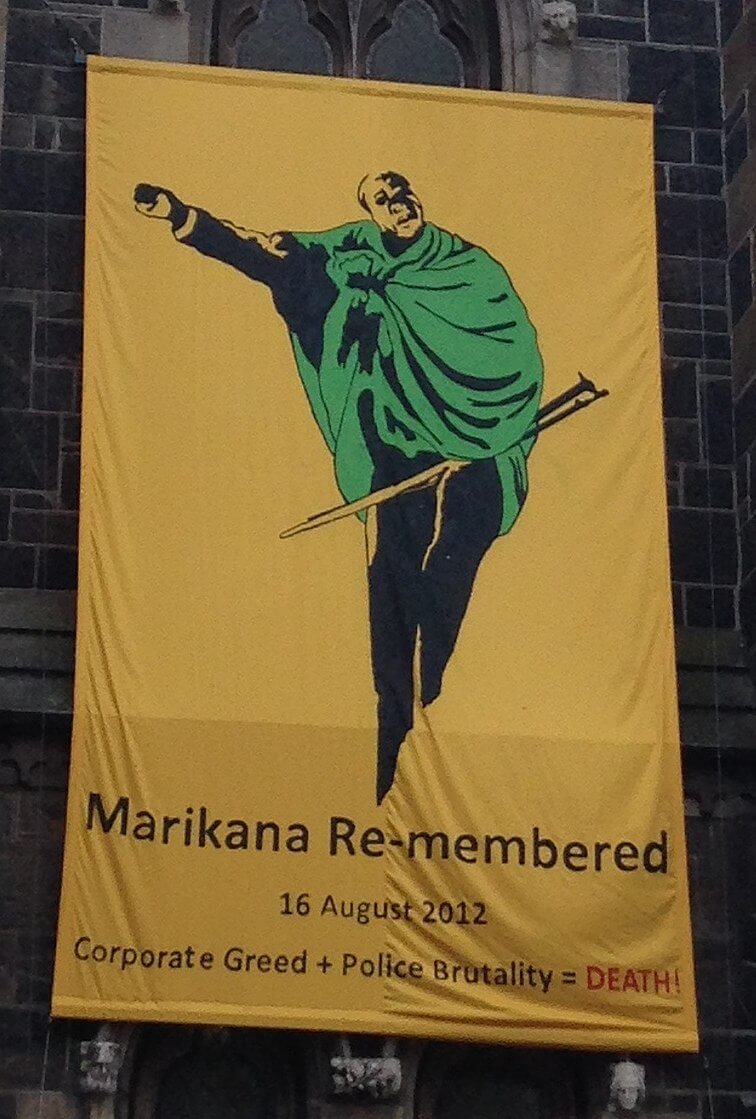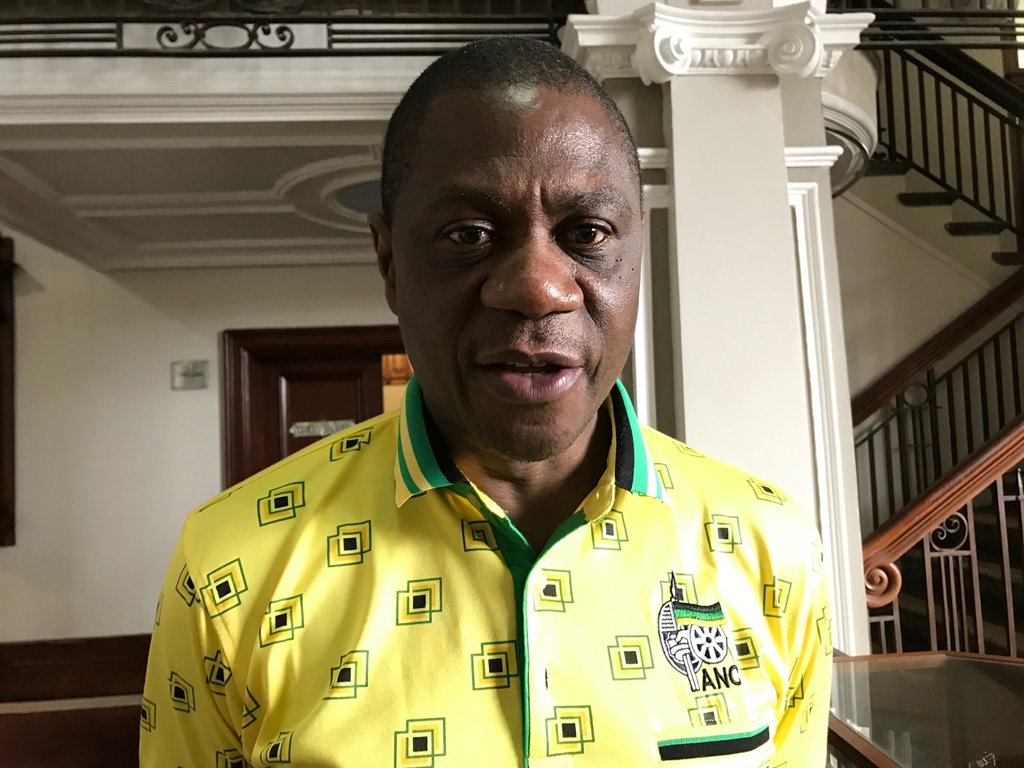
This Content Is Only For Subscribers
In a society where media outlets operate independently and without external interference, a free press stands as a cornerstone of democracy. This principle ensures that journalists have the freedom to investigate and report on news and events without censorship or fear of reprisal.
The significance of a free press cannot be overstated. It serves as a watchdog, holding those in power accountable for their actions and providing citizens with the information they need to make informed decisions. In South Africa, this concept is upheld by institutions such as The Press Council.
These bodies constitute an independent co-regulatory mechanism established by the print and online media. Their purpose is to provide impartial adjudication to settle disputes between publications and members of the public over editorial content. This mechanism operates on the pillars of freedom of expression and high standards in journalistic ethics and practice.
Central to this framework is the South African Press Code, which guides journalists in their daily practice and serves as a reference for resolving complaints from the public. Member publications subscribe to this code, reaffirming their commitment to ethical journalism and accountability.
The importance of independent co-regulation cannot be overstated. It ensures that the rights of freedom of expression and freedom of the press, enshrined in the Constitution of the Republic, are upheld without compromise. Any alternative form of regulation would jeopardize the independence of the media and threaten the fundamental principles of democracy.
As South Africa celebrates the achievements of a free press, it underscores the ongoing commitment to uphold democratic values and ensure transparency within society. The Press Council’s dedication to linguistic inclusivity and the promotion of diverse voices further strengthens the fabric of democracy, fostering open debate and discussion for the betterment of all.













